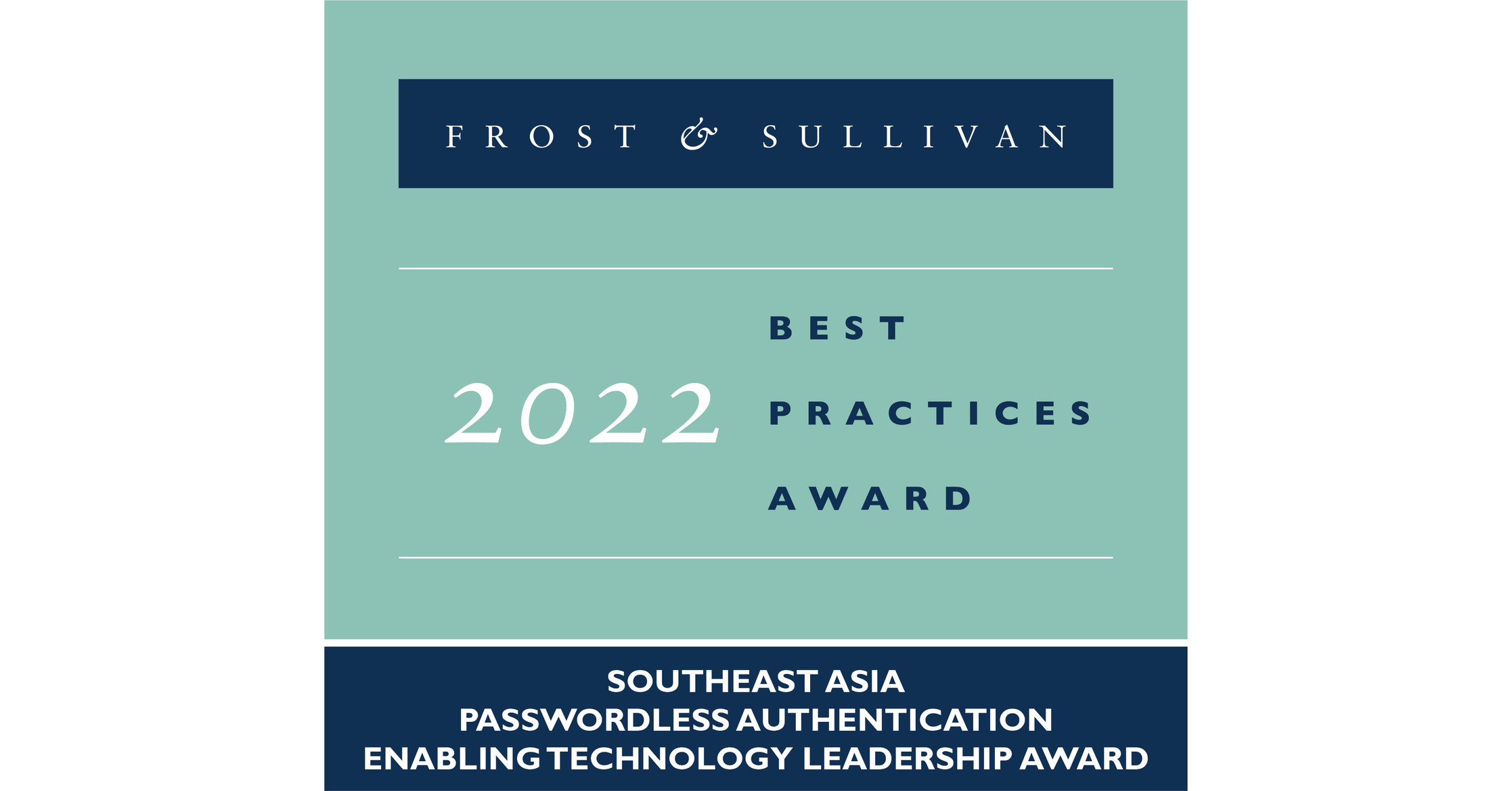The simple, flexible, and secure IAM approach mitigates data breach risks and damages, enhances the user experience, optimizes operations, saves on operational costs, and strengthens security.
SAN ANTONIO, Nov. 24, 2022 /PRNewswire/ — Recently, Frost & Sullivan researched the Southeast Asian (SEA) passwordless authentication industry and, based on its assessment results, recognizes VinCSS with the 2022 SEA Enabling Technology Leadership Award for passwordless authentication. The company develops passwordless authentication solutions that use the FIDO2 protocol to make them true passwordless solutions, with no primary password needed. The company offers reliable passwordless identity and access management (IAM) solutions that help customers minimize the need for passwords; reduce the friction, complexity, and risks associated with passwords and their related requirements; and increase the operational efficiency of IAM strategies.
VinCSS developed a comprehensive FIDO2 ecosystem to ensure strong or passwordless authentication using seven solutions, encompassing servers, Internet of Things (IoT) and cloud services, transformation services, and software development kits (SDKs). To cater to the rising demand for IoT security, VinCSS’s new IoT FIDO Device Onboarding (FDO) solution securely sets up and configures IoT devices automatically. FDO, developed by FIDO Alliance, is an automated onboarding protocol that addresses IoT device security concerns and leverages asymmetric public key cryptography to provide industrial IoT with a fast and secure way to onboard devices to any device management system. This capability makes devices more resistant to attacks by substituting highly secure cryptographic keys for generic password credentials.
According to Anh Tien Vu, Frost & Sullivan Best Practices Research Industry Principal, “The FIDO2 ecosystem enables businesses to address multiple use cases, including eliminating credential replay attacks with user presence checks to prevent malware hacking, providing authentication standard enforcement to ensure supply chain security and addressing authentication redundancy to fast-track and support better compliance and audit requirements.”
The…
Source…





